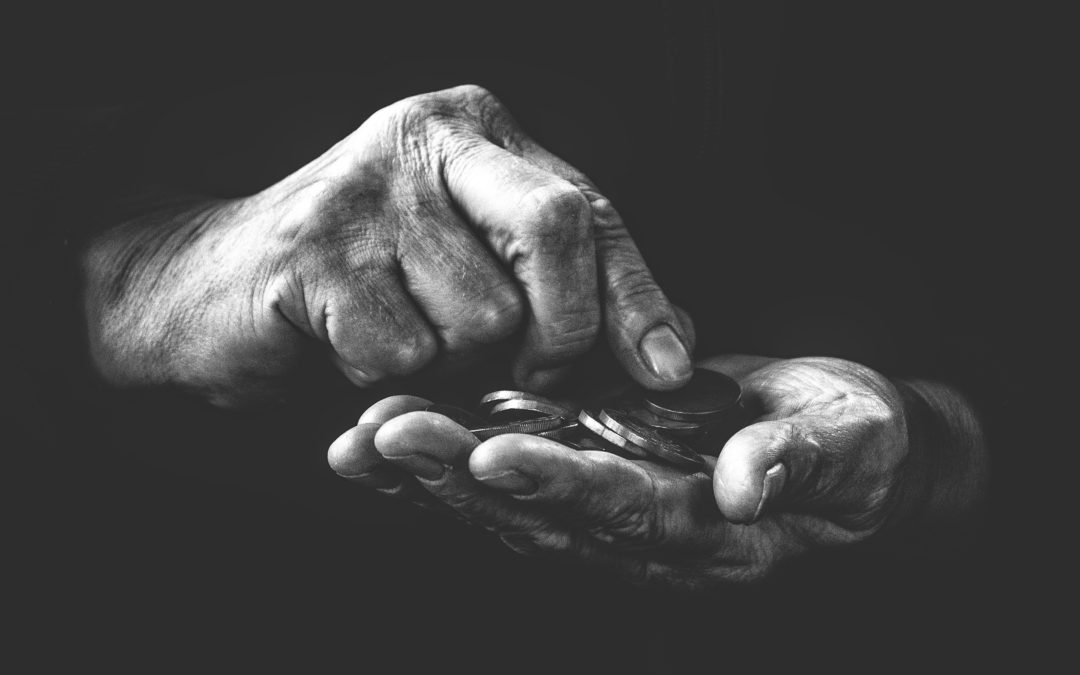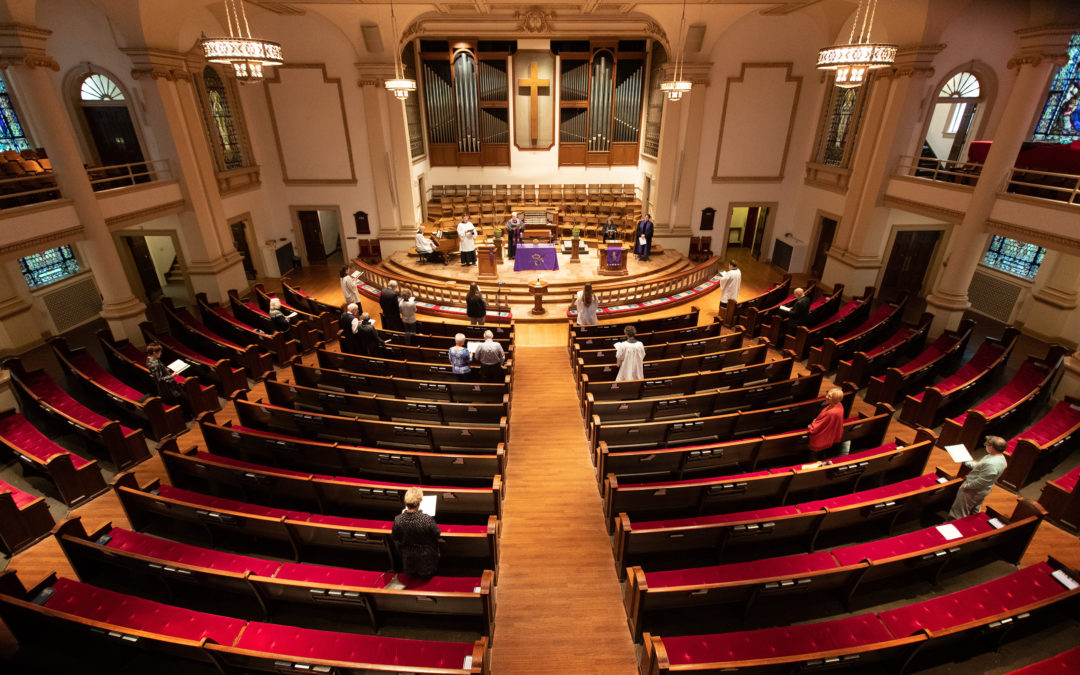
As billionaires grow richer, children go to sleep hungry
(RNS) — The devastating COVID-19 health crisis has become an economic crisis for millions of people — but not for everyone. Last year, families across the United States struggled to put food on the table and balance the responsibilities of childcare and work (assuming they still had a job), but the wealthiest people in our country only got wealthier.
That wealth has not trickled down to families who are struggling to pay their rent, feed their children and create an economically secure quality of life.
The American Rescue Plan — the COVID-19 relief bill passed in March — expanded eligibility for two of the most vital anti-poverty programs we have. It made the Child Tax Credit fully refundable, fixing the gap that excluded families in poverty from receiving the same benefits as their higher-earning counterparts.
It also expanded the Earned Income Tax Credit for workers without children, young workers ages 19-24 and older workers over age 65.
Both adjustments put more money into the pockets of low-income people who were previously ineligible — many of them frontline workers in the pandemic. But these payments will expire on Dec. 31 if Congress does not extend them.
These tax credits work, and, not surprisingly, they are wildly popular. The Child Tax Credit provides a lifeline of economic support to families nationwide who need money to pay for daycare, groceries, utilities, rent, and health care bills that pile up nonstop. This is money being pumped back into local economies coast to coast right now, creating a virtuous economic cycle of helping people in need and local business.
Recently, I spoke with Barbie Izquierdo on the value of programs like these. An advocate and consultant who eloquently gives voice for food justice based on her personal experience, Barbie told me that despite all her work — sometimes full time, sometimes part time, often working more than one job — she “would still come home to an empty fridge.” Her story is shared by hundreds of thousands of families across our country.
To this day, the tax credits are one of the primary barriers keeping Barbie from falling back into poverty as she raises her 14- and 16-year-old children as a single mother. “(They) help you catch up and it alleviates some of the burden of being reminded that you’re poor. They’ve definitely helped me on many occasions,” she explained. “Who knows if I would be here today if I didn’t have that help?”
Since July, millions of families have been receiving Child Tax Credit checks each month. The latest government data indicates that these robust federal programs have put a dent in poverty, which has cascading benefits for children now and in their future — if we can keep these programs in place past the end of the year.
As Congress continues to negotiate additional recovery legislation, we have a historic opportunity to permanently invest in the future of our children. Congress should seize this moment to not only give immediate help to tens of thousands of their constituents but also to strengthen our country’s future.
Specifically, we must adjust the tax code that bends over backward for the extremely wealthy while treating those who struggle every day to afford food and housing as a burden. The more Congress can raise in revenue, the bigger the opportunity we have to address poverty and hunger while investing in our children. It takes real political will to require corporations and the wealthiest among us to pay their fair share. But we expect nothing less.
As a Quaker, my faith and practice encourage me to treat every person as a beloved child of God, which means I am called to do all I can to foster a more equitable, ethical world in which every person can flourish.
I believe Congress wants to help families in need, to ensure a better world for all. This is their opportunity to support the full refundability of the Child Tax Credit. This is the political moment when we can make transformational change in our country.
( Diane Randallis the general secretary of the Friends Committee on National Legislation, a national, nonpartisan Quaker lobby for peace, justice, and the environment. The views expressed in this commentary do not necessarily reflect those of Religion News Service.)


